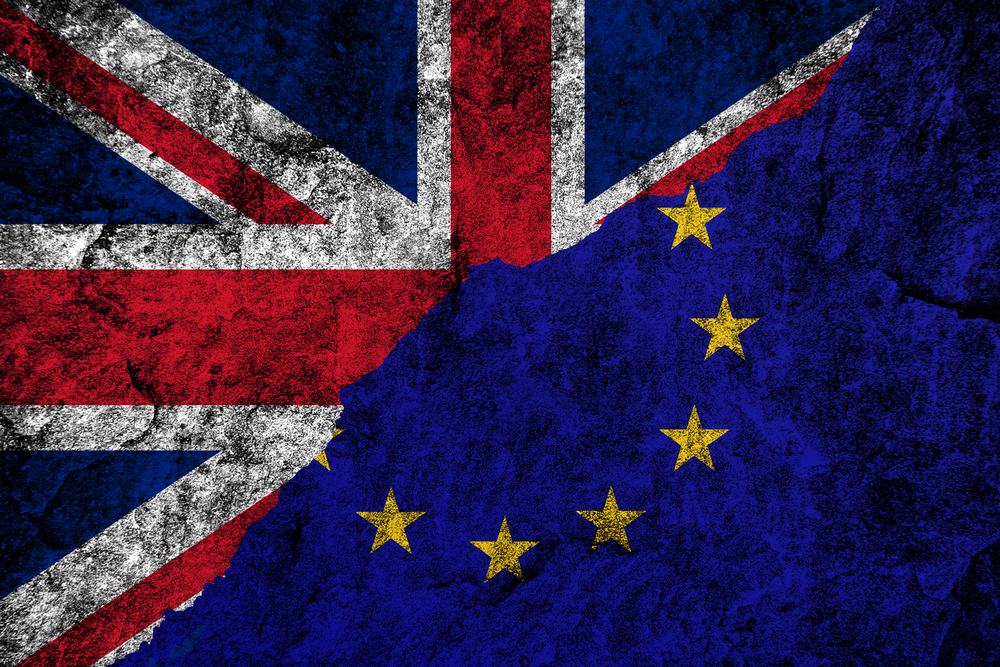

The UK is likely to lose influence on the proposed European Digital Single Market due to the recent referendum in favour of leaving the EU, according to a report by the House of Commons’ Business, Innovation and Skills (BIS) Committee.
The report, which evaluated the government’s long-delayed digital strategy, argued that the strategy should be refocused to take the referendum’s impact into account.
“We could have led on the Digital Single Market, but instead we will be having to follow,” it said. “The government must address this situation, to stop investor confidence further draining away, with firms relocating into other countries in Europe to take advantage of the Digital Single Market.”
The strategy must also address other implications of Britain’s exit from the EU, including concerns that it will damage the UK’s position in financial technology or could degrade conditions for businesses employing digitally skilled EU citizens, according to MPs.
“We look forward to publication of the Digital Strategy and urge the Government to set out how it plans to build on Britain’s digital success post-Brexit,” committee chair Iain Wright MP said. “This includes urgently addressing the concerns of tech companies who rely on the single market and high-skilled migrants from the EU.”
The committee also recommended the government clarify how it plans to regulate digitally based businesses such as room-booking or taxi-hailing services whose growth depends upon the fact that they don’t face the same legal constrants as their established competitors.
The rapid growth of companies such as Airbnb and Uber is based on their relative lack of regulation, but the committee said the government shouldn’t necessarily seek to impose regulatory equality, instead seeking a solution that encourages new business models while ensuring compliance with the regulations that do apply and “reasonable employment conditions” for workers.
“The Government needs to clarify regulation to ensure fair competition while enabling digital businesses to thrive and grow to the benefit of consumers and the UK economy,” Wright stated.
Do you know all about public sector IT – the triumph and the tragedy? Take our quiz!
American space agency prepares for testing of Boeing's Starliner, to ensure it has two space…
As UK and Europe develop closer military ties, European Commission says it will invest €1.3…
Zuckerberg seeks to revive Facebook's original spirit, as Meta launches Facebook Friends tab, so users…
Notable development for Meta, after appeal against 2021 WhatsApp privacy fine is backed by advisor…
First sign of shake-up under new CEO Lip-Bu Tan? Three Intel board members confirm they…
Trump's nominee for SEC Chairman, Paul Atkins, has pledged a “rational, coherent, and principled approach”…
View Comments
Who cares? That's like saying I have no control about how my neighbour keeps their garden & how they cut their lawn, who cares? but if they want to come & do my garden & get paid for it they will do it how I like not how they like.